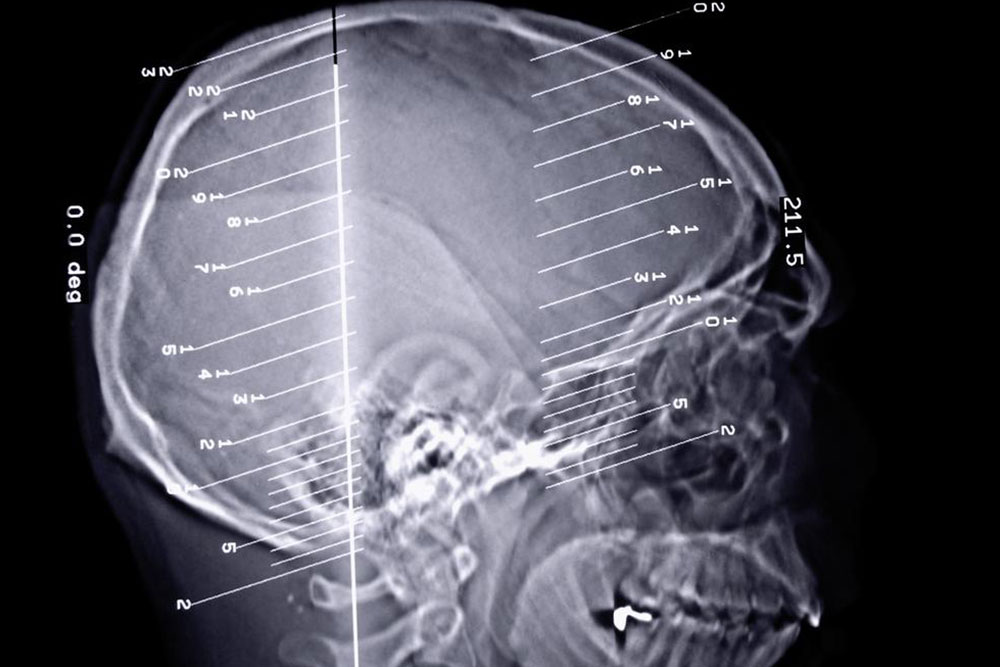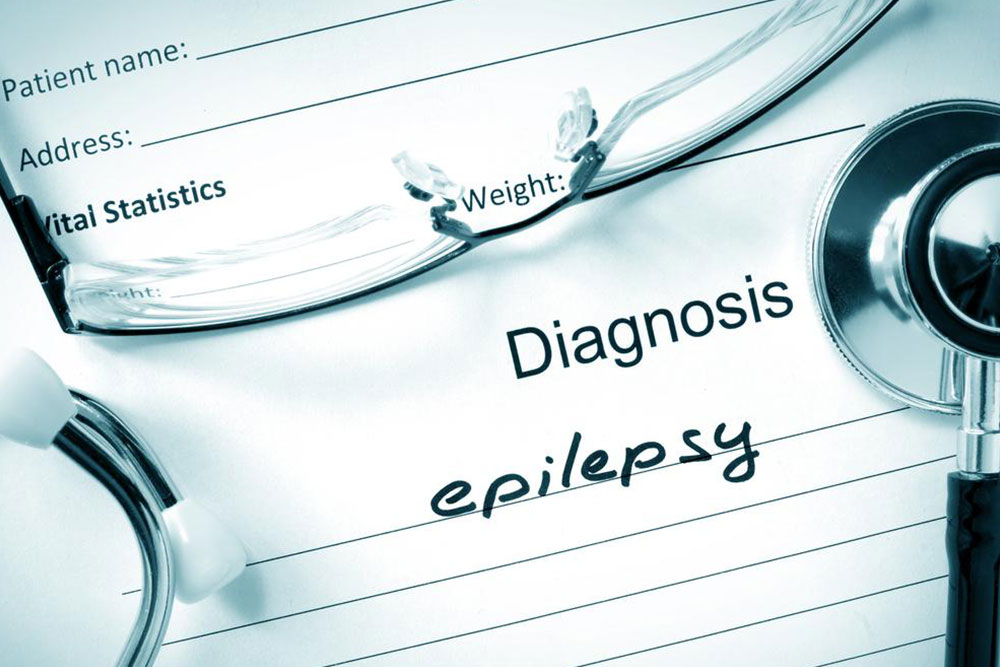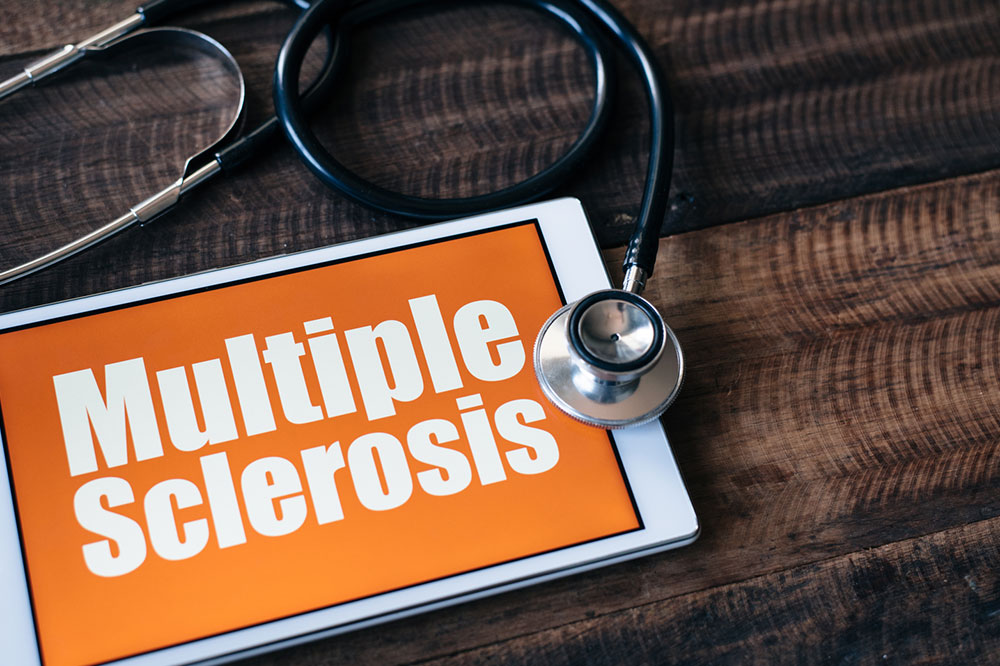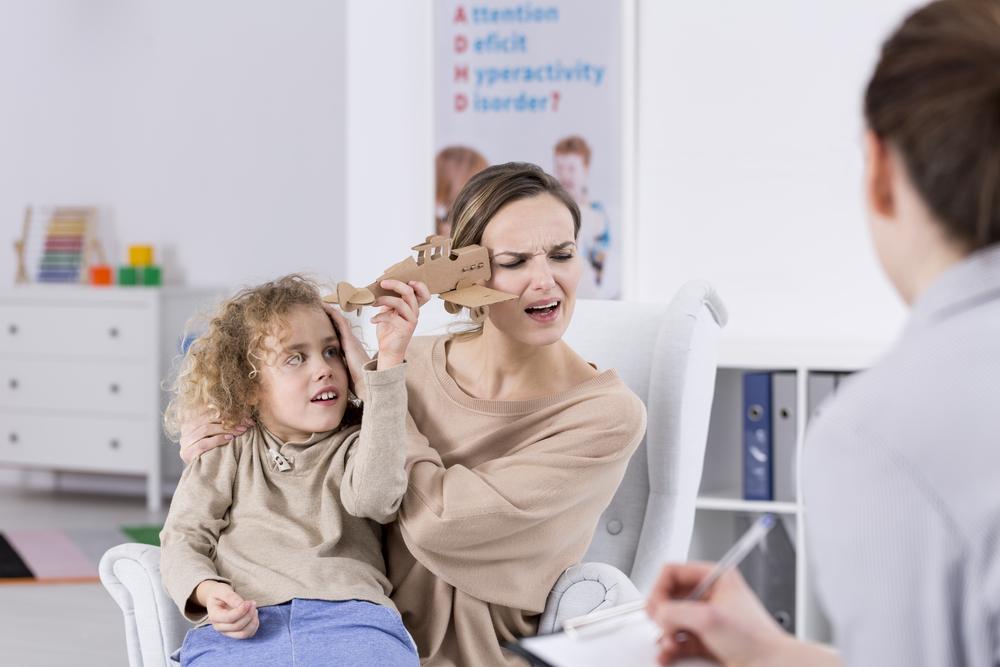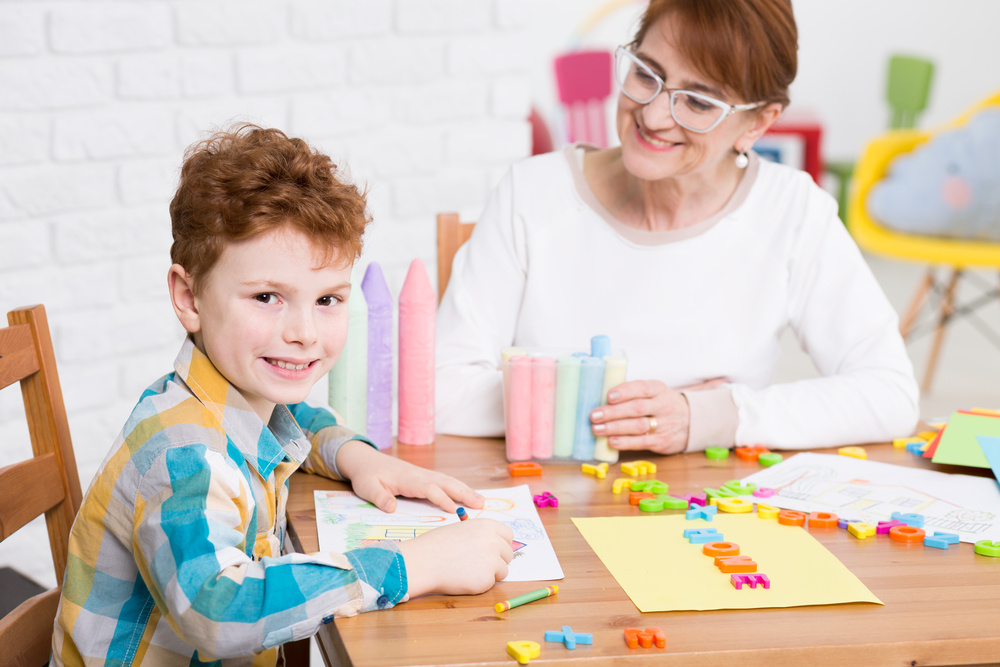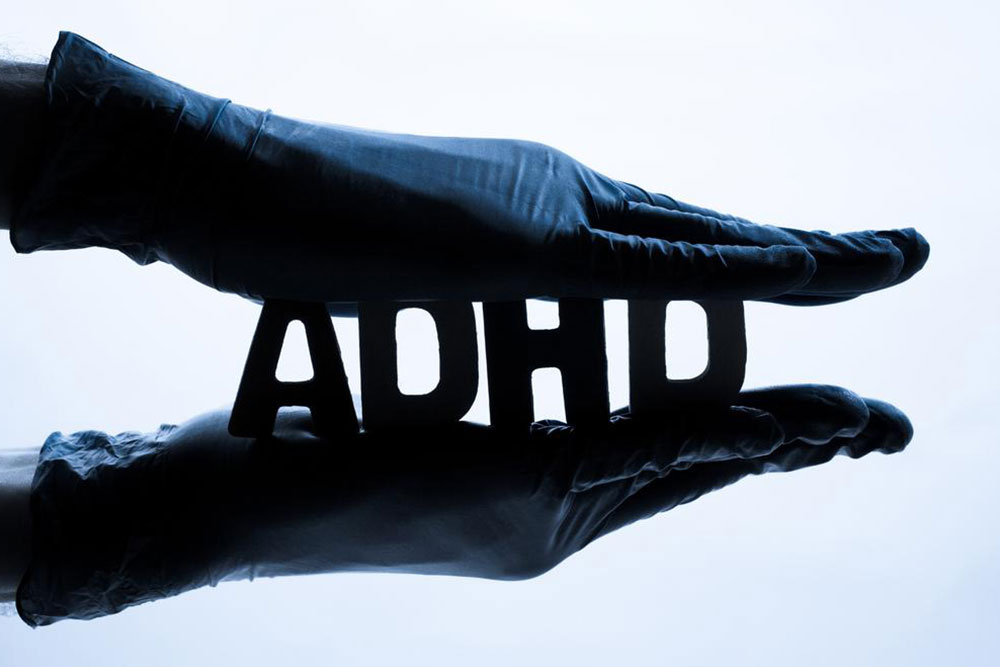Understanding How ADHD Impacts Romantic Relationships
Discover how ADHD influences romantic relationships and learn strategies for overcoming challenges. This article explores symptoms, common issues faced by couples, and ways to strengthen bonds through understanding and therapy. With proper support, couples can navigate ADHD's effects and build a healthy, fulfilling partnership.

Understanding How ADHD Impacts Romantic Relationships
Living with Attention Deficit Hyperactivity Disorder (ADHD) can pose significant challenges within romantic partnerships. Partners with ADHD often struggle with focus, forgetfulness, and listening skills, which can lead to misunderstandings. In such relationships, responsibilities like chores, financial management, parenting, and organization frequently fall on the non-ADHD partner, leading to feelings of exhaustion and emotional distance. Despite these hurdles, with mutual understanding and cooperation, couples can strengthen their bond and thrive together.
Recognizing your partner’s ADHD is key. It’s a lifelong neurological condition that, while not curable, can be managed with medication and strategies. Symptoms such as inattentiveness, overactivity, poor time management, and organizational difficulties often contribute to relationship strains. The partner without ADHD may find themselves shouldering most responsibilities, which can lead to feelings of neglect and imbalance. Open communication and professional support can help couples navigate these challenges and foster a healthy relationship.
Building a Strong Partnership:
Both partners bring strengths and weaknesses into their relationship. When one partner has ADHD, extra understanding is essential. Early in the relationship, ADHD traits like hyper-focus and affection may mask underlying issues. Over time, however, the non-ADHD partner might feel unappreciated or overwhelmed by managing finances, parenting, household chores, and family issues. To nurture the relationship, both should consider couples therapy. A trained mental health professional can guide communication, help manage symptoms, and restore emotional connection, ensuring a supportive and lasting partnership.
Important Note:
This article offers general information about ADHD and relationships. It should not replace professional advice. For tailored support, consult a healthcare provider or therapist experienced in ADHD. Our goal is to provide helpful insights, but individual experiences may vary. Always seek personalized guidance for relationship issues or health concerns.

